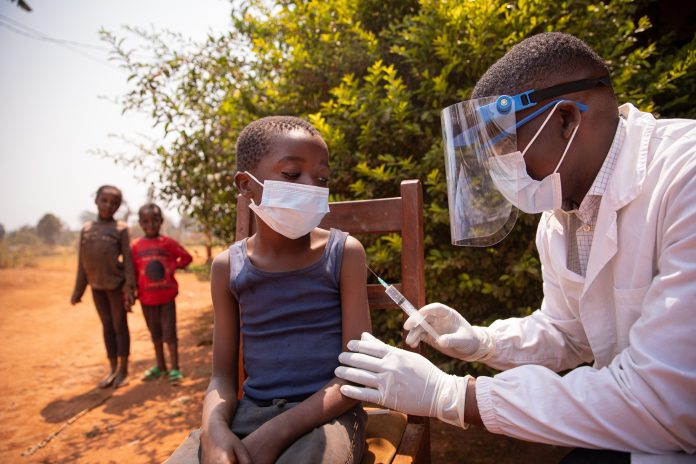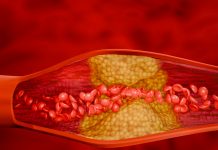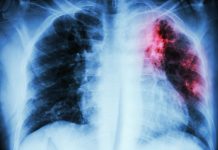The World Health Organization (WHO) has published its first-ever report addressing the lack of medicines and diagnostic tools for invasive fungal diseases
Invasive fungal diseases are becoming a public health concern, especially with many common infections growing increasingly resistant to treatment. These infections disproportionately affect those with weakened immune systems, such as individuals undergoing cancer chemotherapy, those living with HIV, and those who have undergone transplants.
“Invasive fungal infections threaten the lives of the most vulnerable but countries lack the treatments needed to save lives,” said Dr Yukiko Nakatani, WHO Assistant Director-General for Antimicrobial Resistance ad interim. “Not only is the pipeline of new antifungal drugs and diagnostics insufficient, but there is a void in fungal testing in low- and middle-income countries, even in district hospitals. This diagnostic gap means the cause of people’s suffering remains unknown, making it difficult to get them the right treatments.”
Progress is slow in developing treatments against invasive fungal disease
The report highlights that, in the past decade, only four new antifungal drugs have been approved by regulatory authorities in the United States of America, the European Union, or China.
Currently, nine antifungal medicines are in clinical development for use against the most threatening invasive fungal diseases. Within this, only three medicines are in phase 3, the final stage of clinical development, meaning that few approvals are expected in the next decade. Furthermore, 22 drugs are currently in preclinical development, which is considerably low considering the dropout rates, risks and challenges associated with earlier development stages.
Antifungal treatments can cause serious side effects
Current antifungal therapies have raised concerns about serious side effects, frequent drug-drug interactions, limited dosage forms, and the need for prolonged hospital stays. The report highlights the urgent need for safer antifungal medicines that reduce continuous drug monitoring requirements.
The report also highlights the need for antifungal medicines that work against various severe infections caused by fungal priority pathogens. For example, children are particularly underserved, with few clinical trials on paediatric dosing and age-appropriate formulations.
WHO has also recommended investment in global surveillance, expanding financial incentives for drug discovery and development, funding basic research to help identify new and unexploited targets on fungi for medicines, and investigating treatments that work by enhancing patients’ immune responses.
Faster, more accurate, and cheaper testing is crucial
The report highlights that despite the availability of tests for invasive fungal diseases, these rely on well-equipped laboratories and trained staff, which is not always a reality for people in low- and middle-income countries (LMICs). All countries, especially LMICs, require faster, more accurate, cheaper and easier testing for a broad range of fungal priority pathogens.
Existing antifungal diagnostic tools only work for a limited range of fungi, are inaccurate, and take a long time to obtain results. Most of these tests are unsuitable for primary and secondary health facilities because they require a stable electricity supply and well-equipped laboratories—conditions often lacking in low- and middle-income countries (LMICs).
Furthermore, health workers often lack knowledge about fungal infections and the impact of fungi becoming resistant to treatment. This leads to a limited ability to perform the required testing to determine the appropriate treatment. WHO calls for strengthening the global response against invasive fungal diseases and antifungal resistance and is also developing an implementation blueprint for the fungal priority pathogens list.








